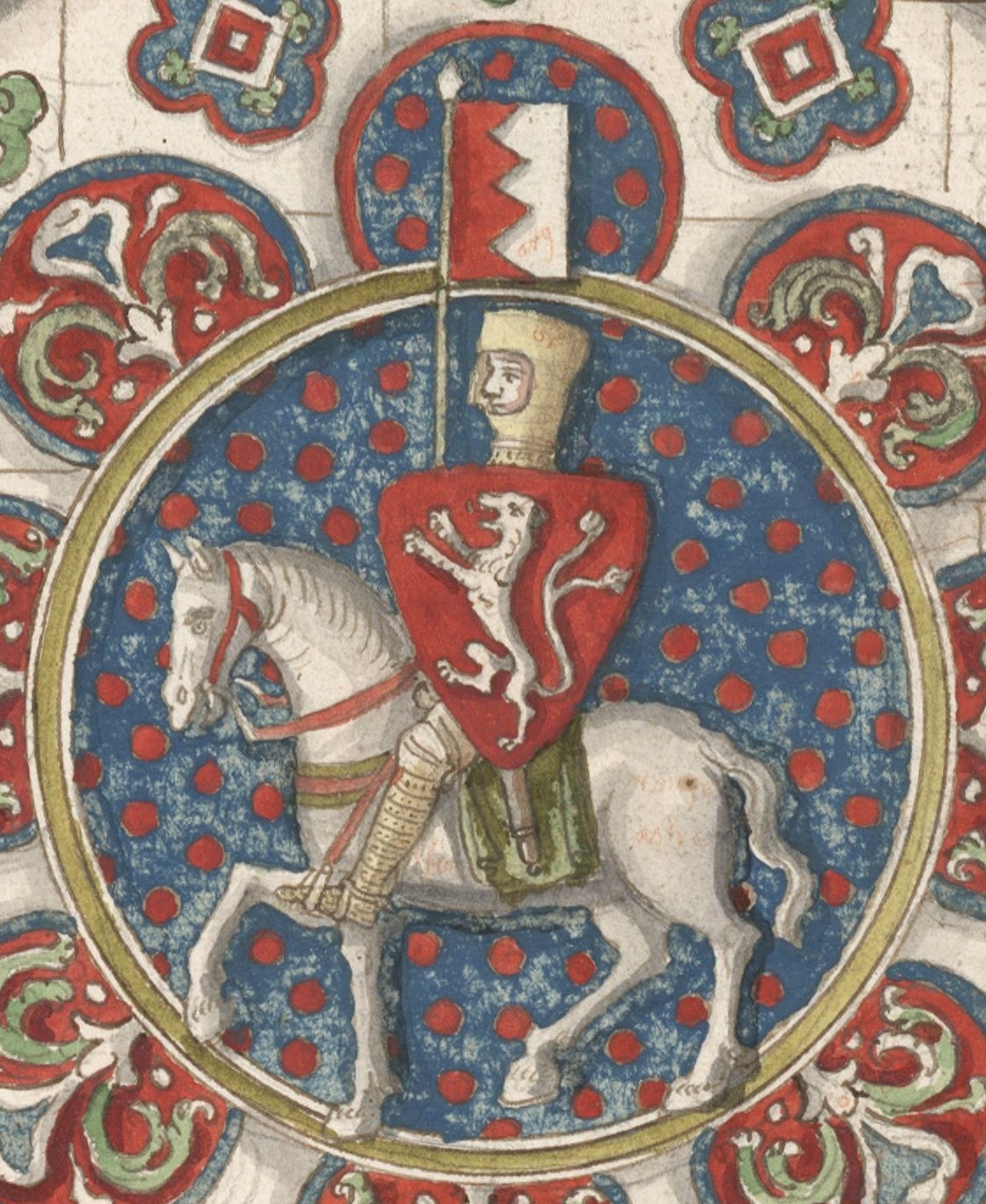 There is a saying; the only certainties in life are death and taxes. To this, I invariably add the following rider; where there are death and taxes, there are politicians.
There is a saying; the only certainties in life are death and taxes. To this, I invariably add the following rider; where there are death and taxes, there are politicians.
Studies of primate behaviour, and indeed the behaviour of other animals, shows that politics predates not only human society, but even the emergence of humans as a species. However, in England, we take pride on the great age of our parliamentary system, often described as the “mother of parliaments”, but how many people really know of its origins, or the part that their particular locality played in its early years?
We know from historical texts that our Saxon kings would summon a council of advisors to advise them, called a Witan (from the Anglo-Saxon for wise men), and although this was hardly representative of the whole population, it is seen as an early pre-cursor of the house of lords.
More representative forms of assembly were in existence in the form of Saxon “moots” and Viking “things”. These happened at various regional and tribal levels, later developing into the medieval court system that gave people a voice at village, district and county level.
The creation of a parliament first happened at the end of the Norman period. The feudal system placed upon existing English society after the Norman conquest had soon run into difficulties and by the end of the 12th century a series of political crises were erupting, later known as the barons’ wars. From these came political reform, such as those enshrined in Magna Carter, and a resolution that a King was accountable to at least some of the people (i.e. the barons).
In 1258, Henry III was forced by the barons to share power with a council of fifteen barons and summon a parliament three times a year. The parliament would be composed of two knights from each county selected by their peers. This is seen as the first elected parliament in English history. Unfortunately, we do not know who attended these early parliaments, but we can be certain that among the knights of Lincolnshire at that time were several who were given the task of being Lincolnshire’s first MPs.
In 1264 Henry III attempted to break his agreement with the barons, precipitating further fighting in which he was defeated at the battle of Lewes. The victor of that battle was one Simon de Montfort, Earl of Leicester, who was able to keep the king and his son Prince Edward prisoner. Simon de Montfort then summoned a parliament to rule the country, and this time he extended the gathering to include burgesses (free merchants) from each borough (or chartered town), Lincoln being mentioned by name. This was probably the first time that commoners exerted any control over the rule of the country. Sadly, like the earlier parliaments, we do not know who these people were.
In 1295, Edward I (having succeeded his father to the throne) began to call parliaments based on those established by Simon de Montford, these are often called the Model Parliaments. For these we begin to have some names, such as Gilbert de Reyner and William de Dounedale from Grimsby. We also know that Louth, Stamford, and Lincoln also returned MPS, which added to the two knights from each of Lincolnshire’s counties would have made for a strong cohort of representation, at least fourteen MPS for a population measured in the thousands. If you consider that Lincolnshire and North Lincolnshire only return ten MPS today, for a population of just under one million, it makes for quite a contrast.
In fact comparisons between these medieval parliaments and our modern Westminster government are stark. We tend to think of medieval society as being quite static and parochial in character when compared to the mobile, global society of today, but the way the government operated suggests otherwise. As well as having a high number of representatives for the size of the population, the parliament moved around the country, addressing national, regional and even local issues. Stamford and Lincoln both played host to Parliament under Edward I and seem to have benefited from the experience. Parliament was an expensive endeavour, and local business earned considerable sums of cash for providing food, drink and accommodation. There were also other benefits.
A typical example would be the parliament held in Lincoln in 1301. The most important topic was that of Scottish independence, but the session also considered issues local to Lincoln. During that time one merchant, Stephen de Stanham benefited from sales for food and drink in excess of one hundred pounds, the equivalent of a multi-million pound contact today. Nor was he alone. In addition, following the parliament, the city was granted a valuable tax franchise for the following five years. It takes little imagination to think that this was a considerable boost to the local economy.
I am a firm believer in parliamentary democracy and I feel some pride that it is not only something very ancient, but also something local and relevant. It is good to know that Lincolnshire played it’s part in creating such an important and valuable institution and has continued to play its part in its evolution. Long may that continue.
